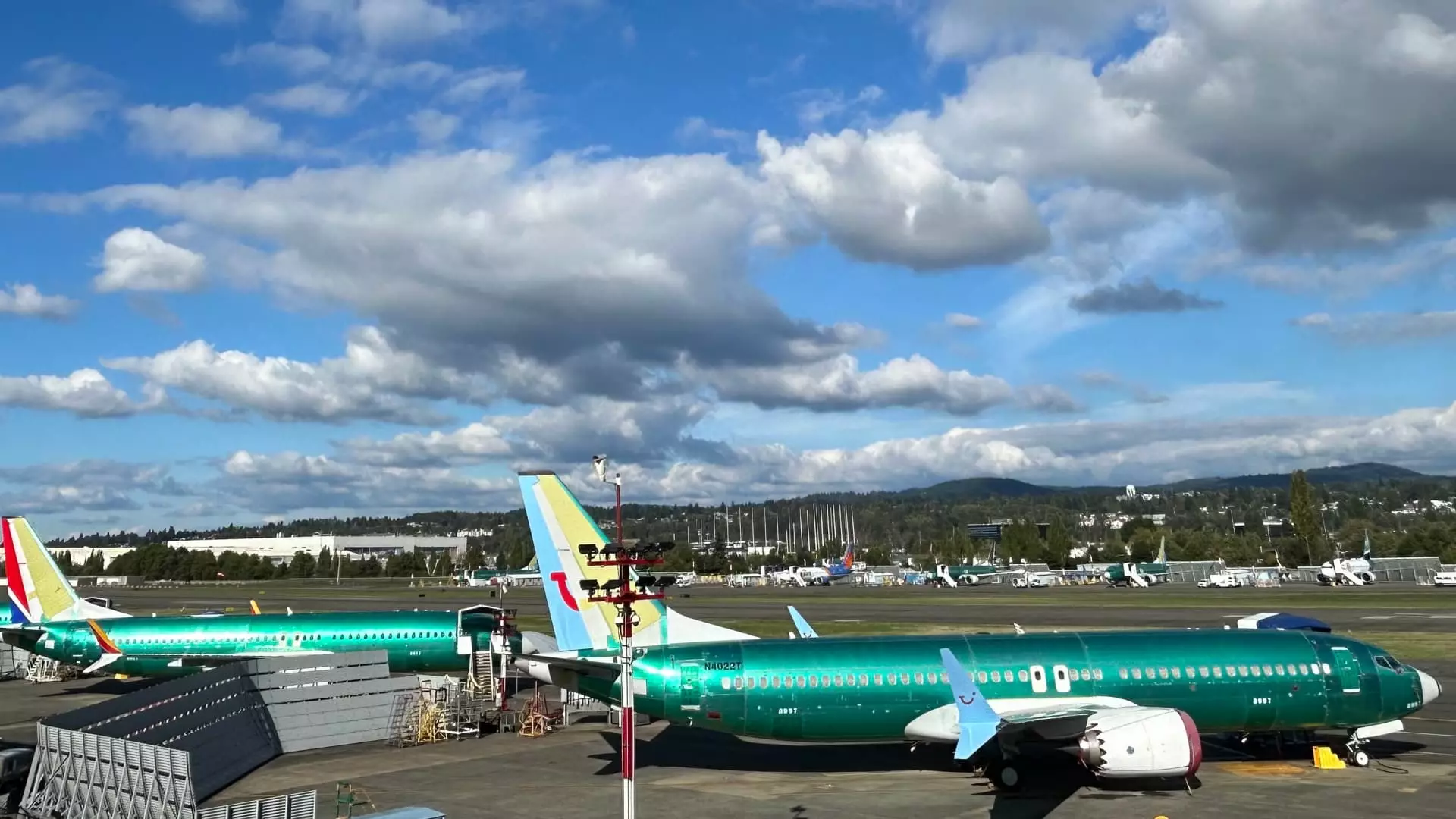In a climate where the United States government is grappling with various crises, the delivery of new Air Force One aircraft stands as a glaring example of inefficiency in public contracts. President Donald Trump recently voiced his exasperation over the extensive delays in receiving the new Boeing 747s. Originally scheduled for delivery well ahead of time, these jets are now years behind schedule—reflecting not just on Boeing, but on the administrative processes surrounding defense contracts. With costs skyrocketing by over $2 billion, the situation raises questions about accountability and transparency in government dealings.
Trump’s Negotiations and Current Status
Negotiated during Trump’s first term, the contract for these aircraft totals an astonishing $4 billion, but it’s becoming increasingly uncertain whether these planes will even be delivered in his current term. This led to speculation and discussions about alternatives, which Trump hinted at while aboard the current presidential jets. The concept of potentially purchasing alternative aircraft reveals an unsettling reality: the nation’s interests rest on the efficacy of a single contractor, raising alarm bells regarding the security and practicality of relying on an entity that is struggling to fulfill its obligations.
There’s a curious subplot to this saga involving Elon Musk, CEO of SpaceX, who has stepped in to assist Boeing in expediting the delivery process. While Musk’s involvement is interesting—indicative of the close ties between aerospace and defense in contemporary America—it also raises eyebrows. The notion of a competitor stepping in to help solve logistical issues can be seen as both innovative and alarming. Is it a sign of desperation from Boeing, or a testament to innovative problem-solving in an industry beset by traditional inefficiencies?
Musk’s presence in the discussions highlights a broader narrative about collaboration in the aerospace sector, as well as a dire need to alleviate “non-value-added constraints,” as described by Boeing CEO Kelly Ortberg. It suggests that current bureaucratic practices and technical details might be hampering progress, hindering a project of national significance.
A Broader Context: Industry-Wide Challenges
Boeing’s delivery delays do not occur in isolation; they reflect larger issues that plague the commercial airline industry, particularly in a post-pandemic world. Frequent customers, including major airlines, have dealt with their own setbacks, casting a shadow over Boeing’s reliability as a supplier. This backdrop not only complicates Boeing’s dealings with Air Force One but also underlines a systemic issue that could affect public safety and national security. The ripple effect stretches far beyond the walls of the manufacturer and into the economic fabric of the United States.
Recent catastrophic events, such as the near disaster involving a door-plug blowout, are harbingers of safety issues and have triggered leadership shifts within Boeing, leading to heightened scrutiny. As new leadership takes charge under Ortberg, reassurances are offered that the company is on a path to recovery. Still, there exists a palpable skepticism that such optimism may not yield tangible results any time soon.
Despite the grievances voiced by the President, there is a flicker of hope emanating from various airline executives. Companies like United Airlines and Southwest Airlines have expressed growing confidence in Boeing’s trajectory under new management. Their sentiments suggest a possible turnaround, yet the skepticism from customers who have experienced delays must be acknowledged.
As Boeing aims to ramp up production to meet its demands, this will be a crucial litmus test for both airline industry stakeholders and the government sector depending on those aircraft. If they succeed, it may restore a degree of faith in the manufacturer’s capacity. However, failure could result in severe ramifications not only for Boeing but also for broader strategic initiatives that rely on timely and functional air travel.
The Path Forward
Ultimately, the saga of Air Force One’s delayed delivery casts a spotlight on larger systemic challenges in government contracting, corporate accountability, and aerospace engineering. As the administration navigates unchartered waters, the confluence of frustration, innovation, and regulatory scrutiny will be crucial in determining outcomes moving forward. Achieving the timely delivery of Air Force One is not just a matter of sleek new aircraft; it is a commitment to uphold national interests and the responsibilities that come with presidential air travel. The implications of this project extend well beyond Boeing and the administration—they reverberate through the very essence of American trust in its institutions.



Leave a Reply